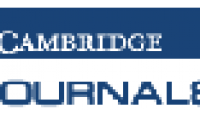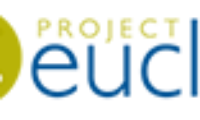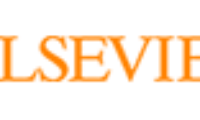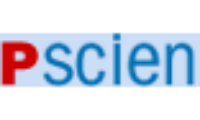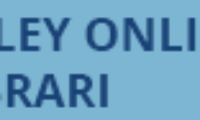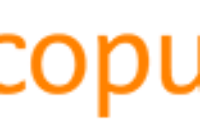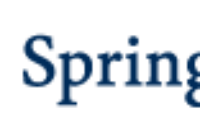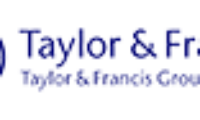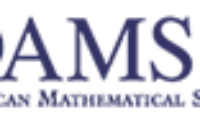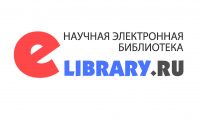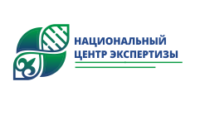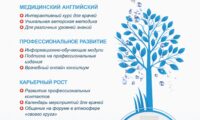The editorial staff and the editorial board of the journal “Pharmacy of Kazakhstan” (hereinafter – the journal) rely in their work on the principles of publication ethics accepted by the international community: The Code of Publication Ethics (Committee on Publication Ethics), Articles 971-984 of the Civil Code of the Republic of Kazakhstan of the Constitution of the Republic of Kazakhstan, the Law of the Republic of Kazakhstan “On Copyright and Related Rights”, Chapter 3 of the Law of the Republic of Kazakhstan “On Science”, and also take into account the experience of reputable international journals and publishers.
In order to avoid unfair practices in publishing activities (plagiarism, presentation of false information, etc.), each member of the editorial board, the editorial board, the author and the reviewer are obliged to comply with ethical norms and rules, as well as take measures to prevent their violations. If false information, plagiarism, repetitions of previously published works, their translations and other things are found in the process of reviewing the works, the article is removed from publication. Compliance with the rules of ethics of scientific publications helps to ensure the rights of authors to intellectual property, improve the quality of publication and exclude the misuse of copyrighted materials in the interests of individuals.
The main terms used in this regulation
Ethics of scientific publications is a system of norms of professional behavior in the relationships between authors, reviewers, editors, publishers and readers in the process of creating, distributing and using scientific publications.
An editor is a representative of a scientific journal or publishing house who prepares materials for publication, as well as maintains communication with authors and readers of scientific publications.
Author – a person or group of persons (a team of authors) involved in the creation of the publication of the results of scientific research.
A reviewer is an expert acting on behalf of a scientific journal or publishing house and conducting a scientific examination of copyrighted materials in order to determine the possibility of their publication.
Publisher – a legal or natural person who publishes a scientific publication.
Reader – any person who has read the published materials.
The Editorial Board is an advisory body from a group of authoritative persons that assists the editorial board in selecting, preparing and evaluating works for publication.
A manuscript is an author’s work submitted for publication to the editorial office, but not published.
A scientific article is a completed and published author’s work.
Plagiarism is the deliberate appropriation of the authorship of someone else’s work of science or art, someone else’s ideas or inventions. Plagiarism may be a violation of copyright and patent laws and, as such, may entail legal liability.
Ethical principles that should guide the author of a scientific publication
Submission of an article to the editorial board of the journal implies that it contains new scientific results obtained by the author (a team of authors) that have not been published anywhere before.
Authors should be aware that they are personally responsible for the submitted text of the manuscript and comply with the following principles:
2.1. Provide reliable results of the work done and objective discussion of the study.
2.3. To ensure that the research results presented in the manuscript are an independent and original work. In the case of using fragments of other people’s works and /or borrowing statements of other authors, the article should contain bibliographic references with mandatory indication of the author and the original source. Plagiarism in any form (unformulated quotations, paraphrasing or assignment of rights to the results of other people’s research) are unethical and unacceptable actions.
2.4 The author is obliged to immediately notify the editor if a significant error or inaccuracy is found in his published work and provide assistance in eliminating or correcting the error.
2.5 All those who have made a significant contribution to the writing of the manuscript should be listed as co-authors. The author (the first one) must familiarize all co-authors with the final version of the article, get their approval and consent with its submission for publication. All authors mentioned in the article should be responsible for the content of the article.
2.6 Submit an article for consideration only to the journal “Pharmacy of Kazakhstan”. Failure to comply with this principle is regarded as a gross violation of the ethics of publications and gives grounds for withdrawing the article from review.
Ethical principles in the reviewer’s activity
The reviewer carries out a scientific examination of the author’s materials. His actions should be of an unbiased nature, consisting in compliance with the following principles:
3.1. Expert evaluation should help the author to improve the quality of the text of the article, and the editorial board should make a decision on publication.
3.2. The reviewer cannot be a member of the editorial board of the journal “Pharmacy of Kazakhstan”.
3.3. Any manuscript received for review is a confidential document.
3.4. The reviewer must be objective and express his opinion clearly and argumentatively.
3.5. The reviewer should not use the information and ideas from the article submitted to him for review for personal gain, observing the confidentiality of this information and ideas.
3.6. The reviewer should not accept manuscripts for consideration if there is a conflict of interest caused by competition, cooperation or other relations with any authors or organizations associated with the article.
Principles of professional ethics in the activities of editors and editorial board
In their activities, the members of the editorial board of the journal are responsible for the publication of copyrighted works, which entails the need to follow the following fundamental principles:
4.1 The editor and editorial staff should be responsible for everything that is published in the journal.
4.2 When making a decision on publication, the editors of the journal are guided by the reliability of the data presented and the scientific significance of the work under consideration.
4.3 Editorial staff should not have any conflict of interest in relation to articles that they reject or accept.
4.4 The editorial staff of the journal is responsible for deciding which of the articles submitted to the journal will be accepted for publication and which rejected.
4.5 Editorial staff should not allow information to be published if there are sufficient grounds to believe that it is plagiarism.
4.6 Editorial staff and members of the editorial board of the journal must ensure confidentiality of names and other information concerning reviewers.
Privacy
5.1 When working with unpublished materials, all members of the editorial board must comply with the requirements of the fundamental documents in the field of information protection, namely, the personal data of authors and reviewers.
5.2 The manuscript submitted for examination should be considered as a document with the property of confidentiality.
Conflicts of interest
6.1 Editors and the editorial board are obliged to request disclosure of existing competing interests from the authors of the manuscripts. If a conflict of interest is revealed after publication, the editorial board is obliged to ensure the publication of the relevant amendments.
6.2 If there is a conflict of interests of the members of the editorial board of the journal as a result of competitive relations, cooperation and ties with one of the authors, the manuscript is submitted to an independent expert to resolve the conflict.
6.3 Reviewers should not take part in the review and evaluation of manuscripts in the event of a conflict of interest or personal interest.
6.4 When submitting an ethical complaint regarding a submitted manuscript or published article, the editor-in-chief should take measures based on the experience of reputable journals. Every report on the fact of unethical behavior should be considered without setting a statute of limitations. In case of confirmation of the fact, the publication of appropriate corrections, refutations or apologies follows.

















